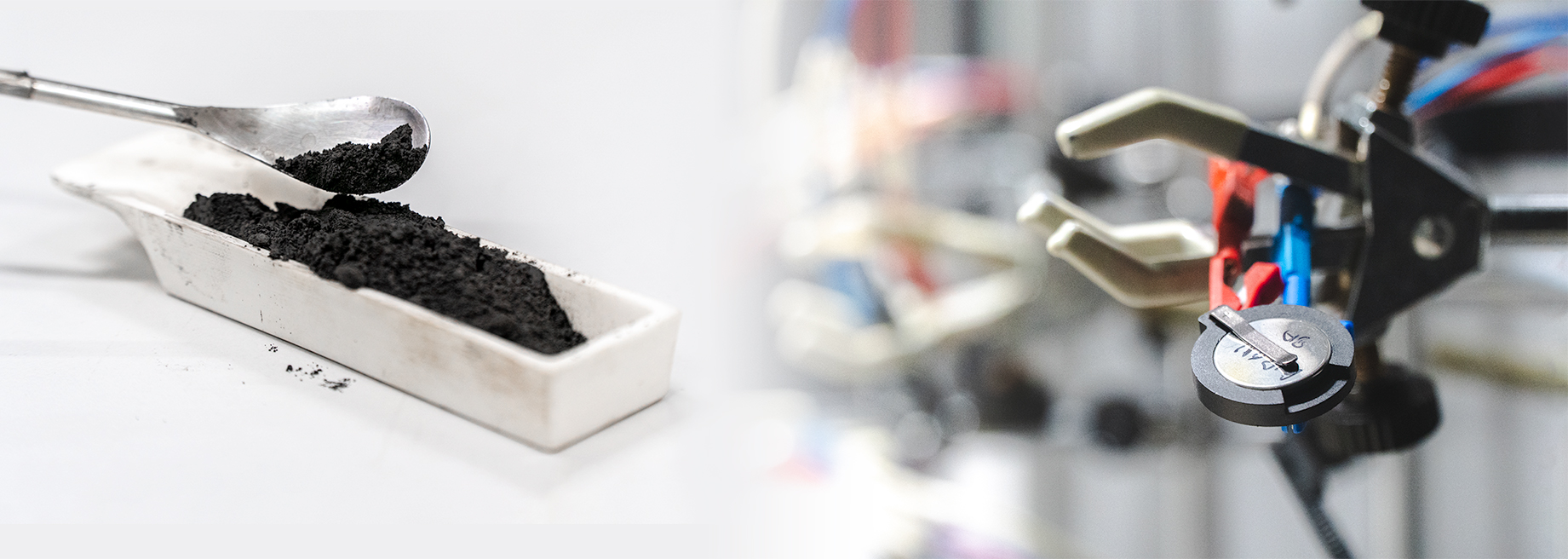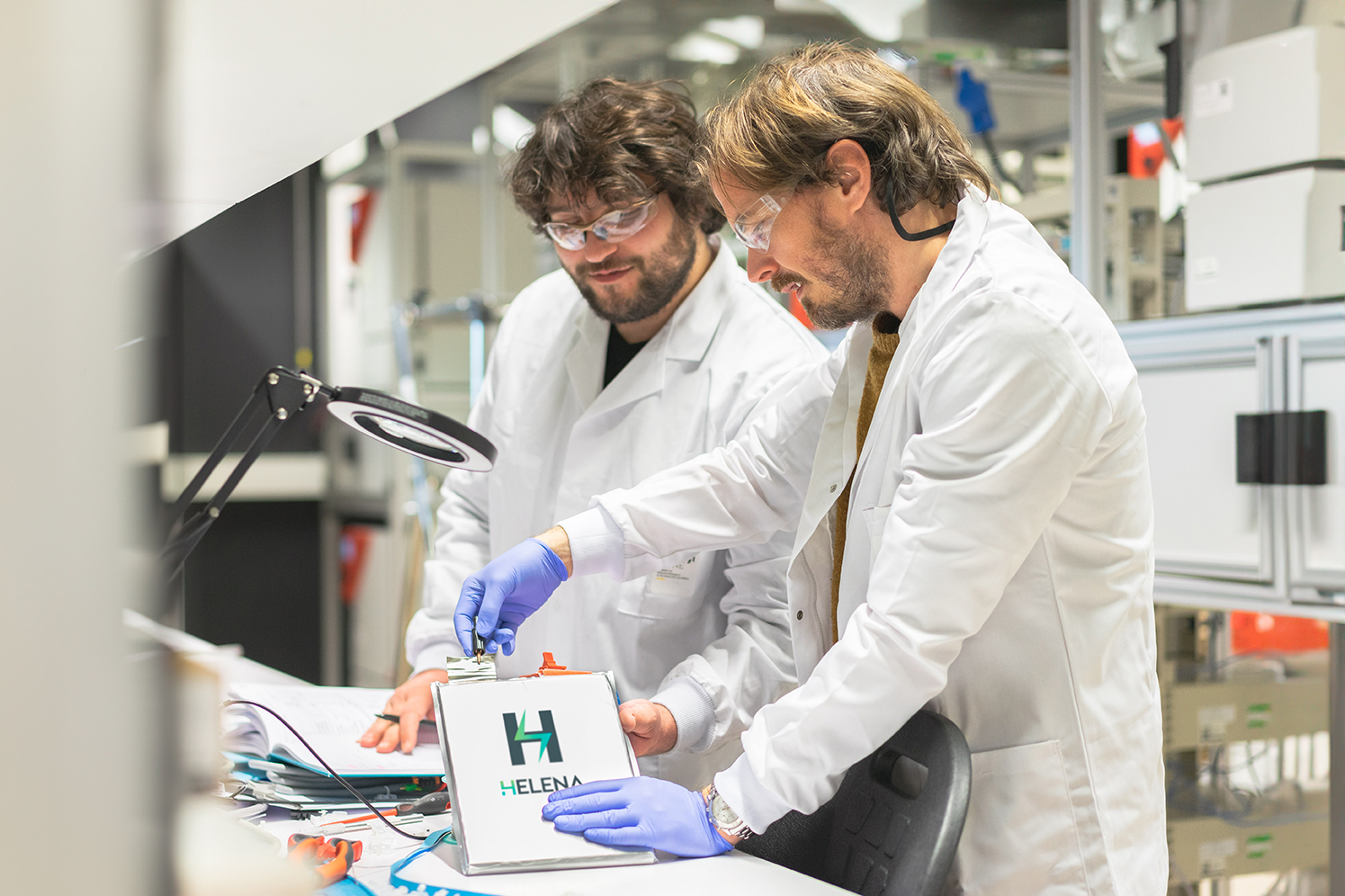CICenergiGUNE, the Basque research center of reference in electrochemical energy storage, thermal energy storage and conversion and hydrogen technologies, has succeeded in assembling the first complete cells for solid-state batteries with halide electrolyte, which are emerging as a key element for the development of electric aviation. This achievement, which has been accompanied by other relevant advances linked to the conductivity, viability and thermal and voltage stability of the electrolyte, is part of the European HELENA project, led by the Basque center and financed by the EU through the Horizon Europe program.
"These advances represent a significant step towards the development of safer, more efficient and sustainable solid-state batteries that will be especially suitable for applications in electric aviation, as well as in electric vehicles, which places us at the doorstep of a small revolution in the field of energy storage," said Pedro López-Aranguren, Principal Investigator of the Project.
Research work at CIC energiGUNE has been essential to develop four significant advances in the development of solid-state batteries with halide electrolyte. Firstly, a conductivity of the halide electrolyte of several mS/cm has been established, which makes it possible to cycle the cells at high currents and lower temperatures. It has also been demonstrated that this halide can be operated under dry room conditions, thus opening up real possibilities for its application in industry.





